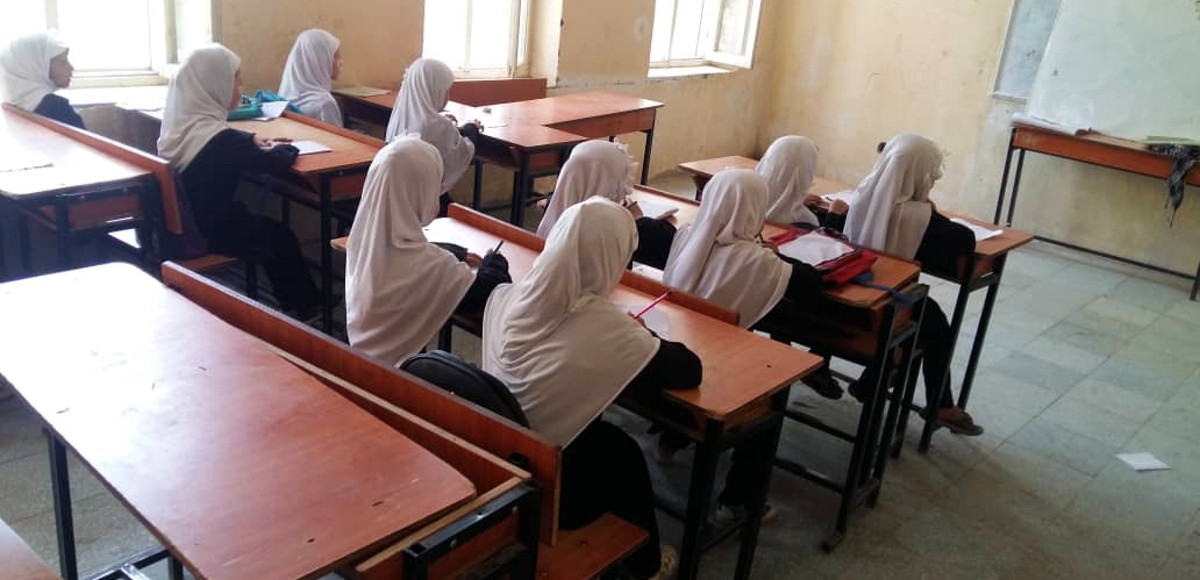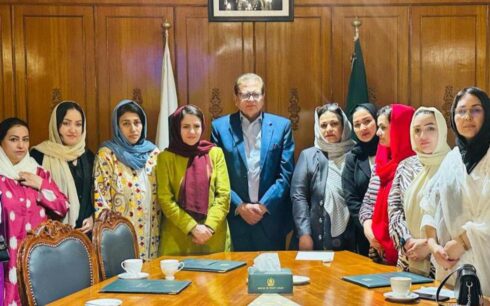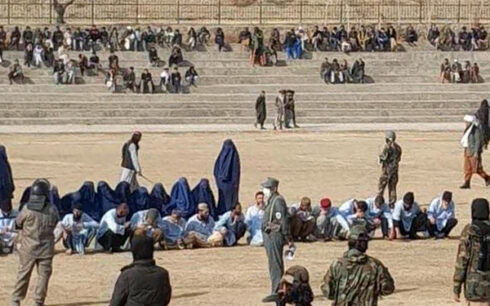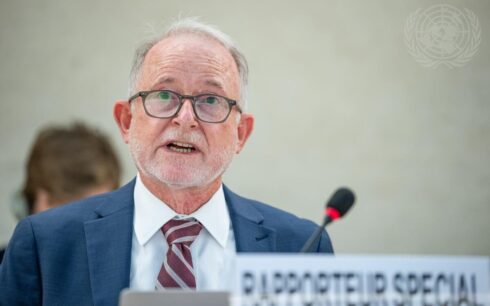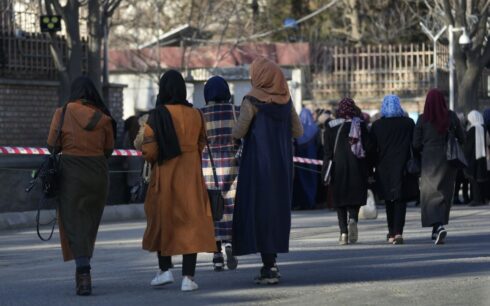Marking 400 days since the closure of girls’ secondary schools in Afghanistan, women from various provinces on Tuesday called on the Taliban to reopen school doors.
“Afghanistan’s girls have not been in school for 400 days because of Taliban’s policy,” said Khoban Hassas, an Afghan activist now in Pakistan.
“It is the most dangerous happening in Afghanistan and the Taliban is not adhering to its commitments,” Hassas said, adding that the international community should put pressure on the Taliban to allow girls to return to schools.
“The Taliban has not taken any necessary steps to reopen girls’ schools,” said Zahra Khalil, a journalist. “We ask the Taliban to announce their decision on schools as soon as possible.”
UN figures show that at least 1.1 million girls have been deprived of schooling in Afghanistan in just over a year.
“Our sisters and daughters of this land have been out of school for the past 400 days,” said Frozan Rahimi, a lecturer at Kabul University.
The Taliban has come under harsh criticism for keeping the schools closed, but the group has not made any move to allow girls to return to school.
“It has been 400 days since the Taliban effectively banned girls from school. Moreover, they’re increasingly hollowing out and disrupting university education, particularly targeting Hazara women and girls,” US special envoy for Afghan women, Rina Amiri, said in a tweet on Tuesday.
She said there are credible reports of the Taliban expelling Hazara women from Kabul University’s dorms, jeopardizing their educational future, and reports of women being turned away from college entrance exams deemed “too difficult.”
“The Taliban can’t deny half the population education and work opportunities and claim to move Afghanistan towards economic independence,” she said. “Education of all Afghans, including women and girls, is key to lifting Afghanistan out of poverty and restoring hope.”
Heather Barr, associate women’s rights director at Human Rights Watch, said the closure of the schools “has already caused irreparable harm to these girls, their families, and their country.”
The harm deepens every day, she said.
Difference in opinion among Taliban
Taliban deputy foreign minister Abbas Stanekzai, who was a key peace negotiator in talks with the US, said at a gathering in Kabul last month that schools for girls should be reopened.
But at the same event, the Taliban’s acting minister of vice and virtue, Khalid Hanafi, said education is not necessarily an obligation for women based on the teachings of Islam.
He said that education for women is not a total obligation, arguing that it is something that is permitted in Islam but is not stressed as an obligation.
The newly appointed education minister of the Taliban, Habibullah Agha, meanwhile said during a visit to Bamiyan last week that cultural issues, the dress code and some traditions are all obstacles in the way of reopening girls’ schools in the country.
“An Islamic system does not allow mixed classes for boys and girls as it was in the past,” he said.

